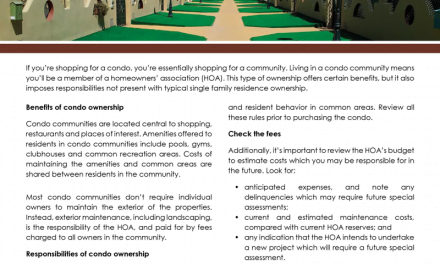The Federal Housing Administration (FHA) has increased mortgage limits for case numbers assigned on or after January 1st, 2023, according to the Mortgagee Letter 2022-20.
These mortgage limits represent the maximum claim amount for an FHA-insured mortgage. The mortgage limits themselves, however, vary by metro. For example, the ceiling for an FHA-insured mortgage on a one-unit property ranges from $474,030 in California’s “low-cost” metros to $1,089,300 in California’s “high-cost” metros.
The maximum size of an FHA-insured loan in California’s major metro areas for 2023 is:

Across the board, the ceiling for one-unit properties has skyrocketed from the FHA loan limits in 2022. For example, the ceiling for a one-unit property in Los Angeles is now $1,089,300, up from $970,800 a year earlier.
Even Fresno, categorized in the low-cost tier, has experienced a significant raise to $472,030, up from $420,680 a year earlier.
Higher mortgage limits give homebuyers, especially first-time homebuyers, greater flexibility in the housing market, making it easier for them to qualify for a mortgage. This flexibility is further emphasized by the FHA requiring only a 3.5% down payment.
However, prospective homebuyers need to take a wary approach. Lower down payments are an attractive option, but they come with a steep risk — especially in 2023, when home prices are plunging.
Related article:
The recessionary tumble in home prices
While the FHA’s increase in loan limits incentivizes prospective homebuyers back into the housing market, homebuyers need to keep in mind the housing recession is already here.
In fact, with today’s minimum down payment homebuyers are discovering the loan-to-value (LTV) ratio of their homes has tipped them into negative equity status simply from the time of agreeing to a purchase price to closing.
When a homeowner falls underwater, they are unable to refinance or sell — the remaining principal on their mortgage exceeds their home’s fair market value (FMV). Additionally, for homeowners unable to meet higher mortgage payments, this leads them down the path toward a foreclosure or (if the lender is feeling generous) a short sale.
With home prices plummeting — firsttuesday forecasts prices to bottom in 2025 — homebuyers are best suited to wait out the decline until the next buy phase for real estate before committing to a purchase agreement. In the meantime, they can save up their money for a more substantial down payment, which will ultimately save them money in mortgage insurance.
For homeowners already or soon-to-be underwater, real estate professionals will be able to provide invaluable assistance in guiding struggling homeowners through the tough years ahead. Whether advising underwater homeowners to stay put until home values rise again, or becoming foreclosure and short sale experts, real estate professionals will be able to position themselves to help homeowners through all phases of the ongoing downturn.
Stay ahead of the 2023 recession by subscribing to firsttuesday’s weekly newsletter, Quilix.
Related article:














